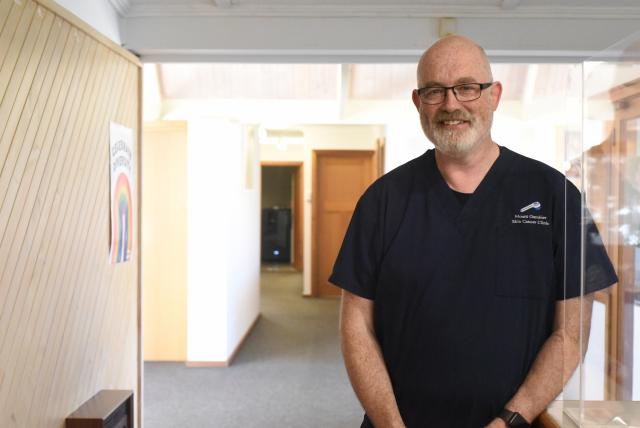Concerns for urgent care with GP payroll tax rolling out

Digital Edition
Subscribe
Get an all ACCESS PASS to the News and your Digital Edition with an online subscription
Troubled bridge under spotlight
Naracoorte Lucindale Council is seeking feedback from users of the Struan House Road bridge to understand impacts should the bridge be decommissioned.
Council has been...







